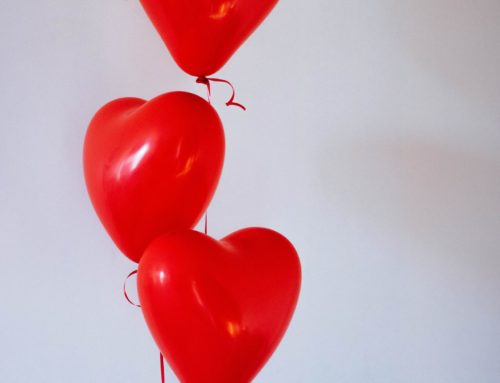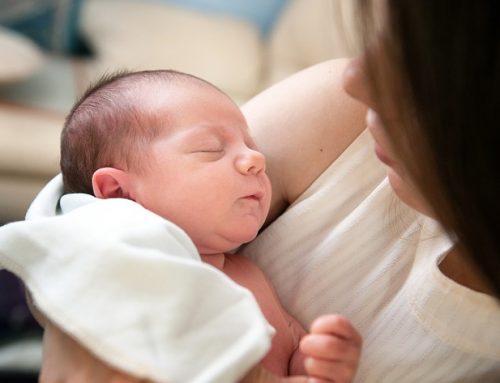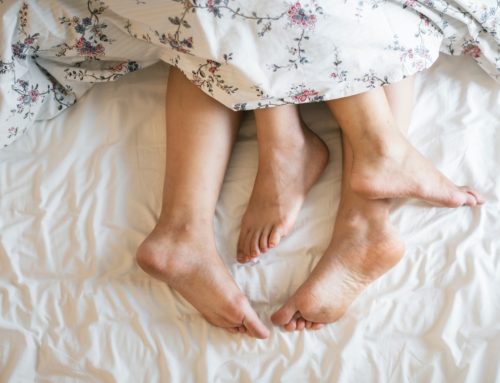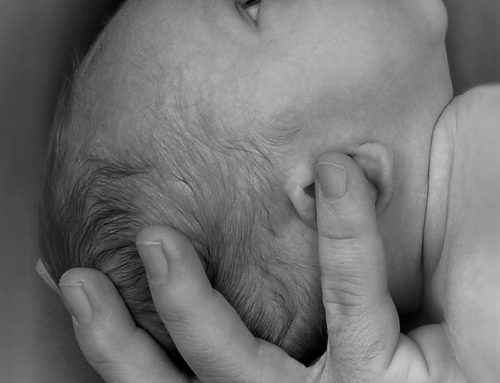Postpartum depression (PPD) can occur to any new mother. There are various reasons that can cause PPD. Good news is that it is curable with the right guidance. Accepting the condition is the first step to recovery.
Read Bijaya Sanyal’s journey of facing her postpartum depression, coming out of it and the valuable lessons she learnt.
Postpartum depression came so suddenly
We had our daughter after more than 7 years after our marriage and with much difficulty for conception and pregnancy. So once the delivery was over, it was but natural to have a hunky dory feeling. But soon the situation changed. Within a week of getting discharged from hospital, I started feeling claustrophobia, suffocated.
One day I suddenly started crying in front of my parents and in-laws. I insisted there was something wrong with my daughter. I along with my husband had attended prenatal classes where the instructor spoke postpartum care and also PPD. So with my sudden crying episode, we suspected I might be having PPD. We consulted my GYN, and after hearing about my condition, she referred me to a psychiatrist. The psychiatrist explained that many women feel overwhelmed post delivery due to a sudden change in the level of the hormones like estrogen, progesterone etc.. But the doctor said that these changes settle down within 6 weeks.
She recommended some medicine for my condition. Since I was uncomfortable taking medication, I decided to wait till completion of 6 weeks.
The fear of medicine for Postpartum depression
Things went from bad to worse in those 6 weeks. After 6 weeks, my family members and doctors suggested that it was in the best interest of my baby and me that I start the medication.
I feared that it would change the way I think or I feel… I feared the medicine might change me. So on the day I was supposed to start the medication, I developed cold feet and only after a conversation with my doctor at 10.30 at night I could take my medicine.
Postpartum depression affects normal life
For the next 4 months or so I had trouble leading a normal life due to irrational fear and extreme sadness without any reasons.
There were days I felt so low that I couldn’t do anything. I used to feel extremely sad the whole day without any reasons.
Also, I had a fear of eating. I used to eat at most 60-70% of my regular diet though ideally, breastfeeding moms should eat more.
I used to keep a diary of my baby’s activities like how many times my daughter peed, passed stools, duration of each feed etc.. There were times when I didn’t record an activity accurately at night due to sleepiness. The following morning I would be gripped with severe fear of missing out on some important thing. This record almost became an obsession. At times I would ask my maid about the baby’s s diaper: whether she thought baby passed urine once or twice and I would accordingly mark that event with an asterisk denoting not 100% sure.
Even a daytime nap was difficult. The moment I closed my eyes, I would feel my head and heart were racing. I feared my head was going to burst open due to many negative thoughts, fear or worse still that I am going to get a heart attack.
Taking medicine was an uphill task for the entire family and me. Except for the prescribed medicines for PPD, all others were routine postpartum supplements. Still, I didn’t have the confidence to take those supplements on my own. I took my medication in someone’s presence because I had episodes where I had put medication in my mouth in front of a mirror, but I couldn’t remember if I gulped it down.
Fortunately, I was able to breastfeed my baby
Even in these circumstances, I continued on exclusively breastfeed my daughter . She did have weight gain issues ( due to my appetite loss), but nothing major as per the paediatrician.
Coming out of postpartum depression
After 3-4 months I slowly started improving. I got back to my regular appetite, and no more felt the need to keep a diary for baby’s daily activities. By the time I joined back work after 6months, I was my usual self. But I continued with prescribed medicine for PPD for another 1-2 months.
My husband, my family and friends played a crucial role in helping me get out of PPD. When I was diagnosed with PPD, I reached out to my friends and family. They were very supportive of me and did not judge me or shame me (the unfortunate reaction faced by many mental health patients).
My learning from postpartum depression
To ensure the wellbeing of an infant its essential for a mother to be mentally and physically healthy. Based on my experience I would advise any new mother, who feels continuously overwhelmed, sad, or irrationally fearful, that don’t delay seeking medical help. Also, taking medicine for PPD doesn’t do any harm to a mother or the baby or change the way you think. The medication also doesn’t affect breast milk supply and are safe for your baby.
Postpartum depression is curable with the right guidance, support and medicine. Do not hesitate to share your condition with your near and dear ones. I am glad I reached out to many friends, and family members during this phase and their support greatly helped me during that tough period. I discovered that most people were sympathetic and helpful. Hiding the condition or not accepting it is detrimental and may lead to more complications.
Coming out of PPD, made me realise the importance of engaging oneself in unwinding activities dancing, music, painting, meditation. etc.. I would encourage my daughter to pursue any hobby growing up which would help her relax; it is known to be therapeutic and vital for mental health.
Mental illness is still a taboo. But it is more prevalent than we want to accept. And experts think that a higher incidence of mental illness due to a higher stress level, lesser human to human bonding due to technology etc. the rates of mental illness will keep rising in the future. We can no more turn a blind eye to it. So, it’s crucial that we have an open dialogue about mental illness and equip our next generation, from a young age, to handle stress.





Leave A Comment